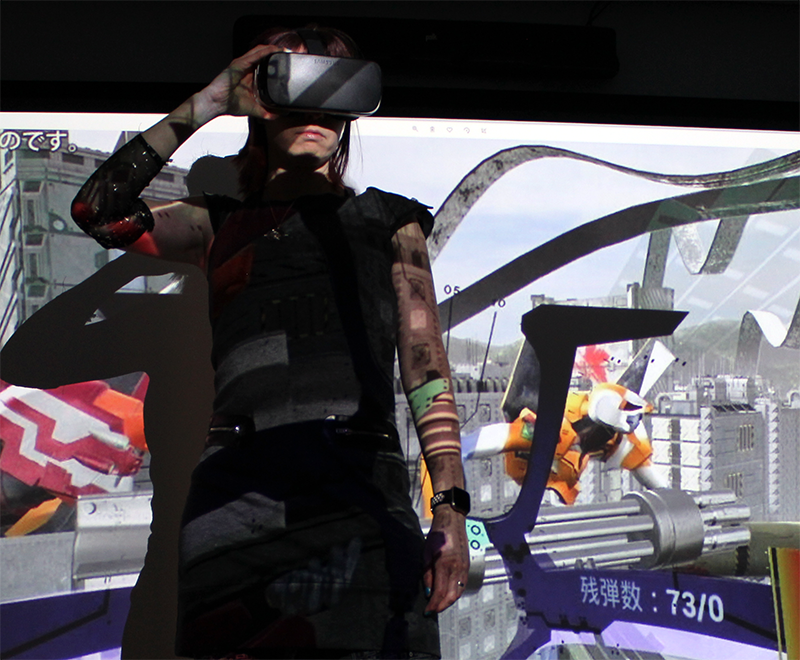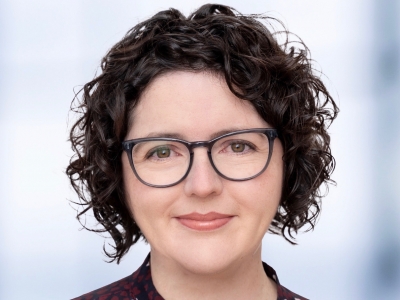A team of researchers at Carleton University received a NSERC Encouraging Vaccine Confidence in Canada grant to create a virtual reality (VR) simulation to provide accurate information about vaccinations to combat hesitancy among families with young children.

Vicky McArthur, Sarah Everts, Josh Greenberg and Robert Teather were awarded $50,000 for “Leveraging Immersive Technologies to Improve Vaccine Confidence Among Parents and Caregivers in Canada.” The project is a collaboration between the School of Journalism and Communication (SJC) and the School of Information Technology (SIT).
“The fact-based, immersive VR experience will deliver information on vaccine safety and efficacy to parents and children in order to encourage vaccine confidence and uptake,” says McArthur, the project’s principle investigator, a professor in SJC and director of the Bachelor of Media Production and Design program.
This is the second NSERC award for McArthur. In 2019, she received the first NSERC Engage Grant in the Faculty of Public Affairs. The project leverages data analytics from IBM Watson technology to explore applications of mass-customization for wearable technologies, like fitness trackers. In 2020, she received a SSHRC Insight Development Grant to develop augmented reality (AR) applications to support Japanese language learning. McArthur’s research focuses on socially inclusive design in digital media and immersive storytelling in AR and VR.
The Team
Everts is the CTV Chair in Digital Science Journalism and an associate professor in SJC. She is an award-winning science journalist, with 20 years of experience in science communication. Prior to becoming a journalist, Everts used her expertise in biochemistry as a science writer for the Protein Engineering Network of Centres of Excellence and the University of British Columbia’s Faculty of Medicine.
Teather, an associate professor in the School of Information Technology (SIT), researches 3D user interfaces, VR and computer game user interfaces. He has extensive experience in the design and implementation of 3D interactive systems, including VR/AR systems. His research is supported by NSERC and the Canadian Foundation for Innovation. A recent NSERC-supported project on user attention guidance in VR films is particularly relevant to this application. He will guide HQP in the design and development of the proposed software.
Greenberg is the director of SJC. His expertise is in health risk communication, with a focus on communication strategies to combat vaccine hesitancy, risk communication during outbreaks of infectious disease and the risk communication strategies and media activities of public health officials and organizations. His research has been funded by SSHRC and CIHR, and he is regularly called upon to provide strategic advice about risk communication to public health organizations in Canada and around the world.
While the initial stages will specifically target COVID-19 vaccines currently approved for use in Canada, the project will extend to include other vaccinations, including seasonal and childhood vaccination.
“Immersive visualizations can enhance knowledge retention,” says McArthur. “So the project is especially suited to families with young children.”
To ensure access to the VR application is inclusive and can reach a wider socio-economic cross-section of parents and caregivers, the VR application will be distributed freely via digital platforms and the team will ensure that the hardware requirements for the simulations are minimal.
Thursday, August 12, 2021 in Communication and Media Studies, Journalism, Media Production and Design, News, School of Journalism and Communication
Share: Twitter, Facebook



